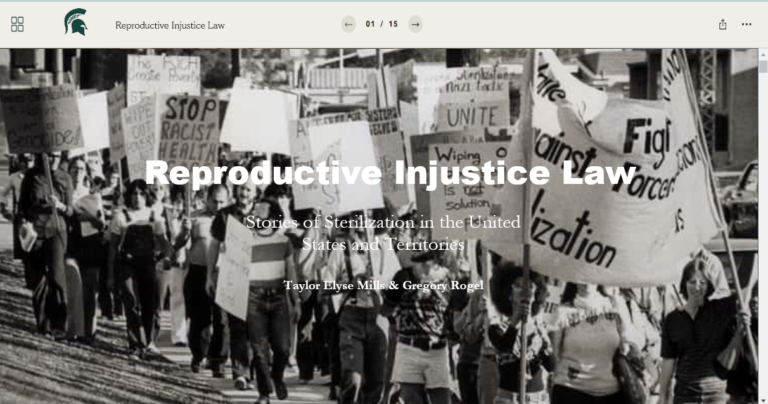Summer 2021 Seed Grant Funding
Submitted by Christina Boyles
Summer 2021 Highlights:
- Hosting 2 workshops to train students and community partners on best practices for collaboration, collection, and technology.
- Developing customized themes and modules for Omeka S to support multilingual and community-based project work with the support of our developer, Ivy Rose.
- Developing a metadata ingestion strategy using Google Forms, ensuring that logging data is easy and accessible for our students and community partners.
- Processing bilingual metadata for ~75 oral histories from individuals and community organizations in Puerto Rico.
The Archivo de Respuestas Emergencias de Puerto Rico (The Emergency Response Archive of Puerto Rico, or AREPR)–is a digital open access repository of Puerto Rican artifacts of disaster and recovery pertaining to Hurricane María (2017), the Guayanilla earthquakes (2020), and COVID-19 (2020). We see these artifacts as necessary to preserve the stories of survivors within our cultural memory; they also highlight effective disaster response strategies, counter inaccurate media narratives about Puerto Rico, serve as an educational resource about climate change and colonialism, and provide a meaningful resource for the public.
In early summer 2021, we hosted two workshops geared specifically at our community partners. These workshops, “What is Omeka S?” and “How will my Omeka site look?” were designed to help community groups gain familiarity with the project’s tools and to begin a dialogue with our partner organizations to determine their wants and needs when it comes to building their Omeka S site. AREPR’s fall 2020 and spring 2021 workshops are available on our Vimeo page. The goal of sharing these resources is to both make the workshops accessible to team members who are unable to attend the workshops and/or would like a refresher on the content and to provide resources to other teams working on community archiving projects.
Throughout summer 2021, Aleyshka Estevez–a student employee from the University of Puerto Rico-Mayagüez–partnered with the technical team to organize and process the metadata for the 78 oral histories collected by her team. During this time, the technical team was able to work with Aleyshka to test out the item collection spreadsheet, built using Google Sheets, to ensure that it was accessible in both English and Spanish.
Additionally, AREPR hired developer Ivy Rose to work with the team starting in June 2021. Ivy will continue working with AREPR to develop custom Omeka S themes and modules for our project and community partners. The themes, modules, and code Ivy develops for this work will be posted to GitHub and will be available for others to use. One of the most intriguing elements of Ivy’s first Omeka theme, “Multilingual”, is its built-in feature designed for supporting multiple languages. Organizations using Omeka S will be able to use this theme to display collections with multilingual metadata, presenting users with a toggleable interface in multiple languages. Ivy also hopes to include code that will make design choices–such as font, color, menu structure, and layout–more accessible on the front end of the theme(s), which means that users will be able to adjust these features without having to write their own CSS or PHP. As such, these themes will increase the ease-of-use for organizations using Omeka S and lacking resources or know-how to customize their sites. Ivy’s work on this project will not only benefit AREPR, a digital humanities project housed at Michigan State University, but also their work will benefit other digital humanities practitioners, particularly those working in multilingual contexts.
UPR Digital Humanities Center
Among the outcomes achieved by AREPR and the collaboration it has fostered between MSU and UPR-Río Piedras, we want to highlight the now fully operational UPR Digital Humanities Center (DHC). Thanks to AREPR support, the DHC officially opened last January 2021. Five workstations with laptops and scanners were installed in an independent space inside the Angel Quintero Library in the College of General Studies. AREPR staff uses the space as a working center where equipment and documents from community groups and organizations are stored securely. The UPR-Río Piedras Division of Technology installed one internet port per workstation to ensure high speed internet access.
AREPR undergraduate assistants have been using this space to digitize and catalogue materials from community groups. The DHC has also served as a training facility for both undergraduate assistants and members from partner community groups. These experiences have proven that the area is versatile and dynamic. The fact that the DHC is inside a library gives AREPR team members access to restrooms, a kitchen, and a nearby parking area. This is very important because due to the pandemic most of the on-campus food vendors are closed and campus security is scarce.
